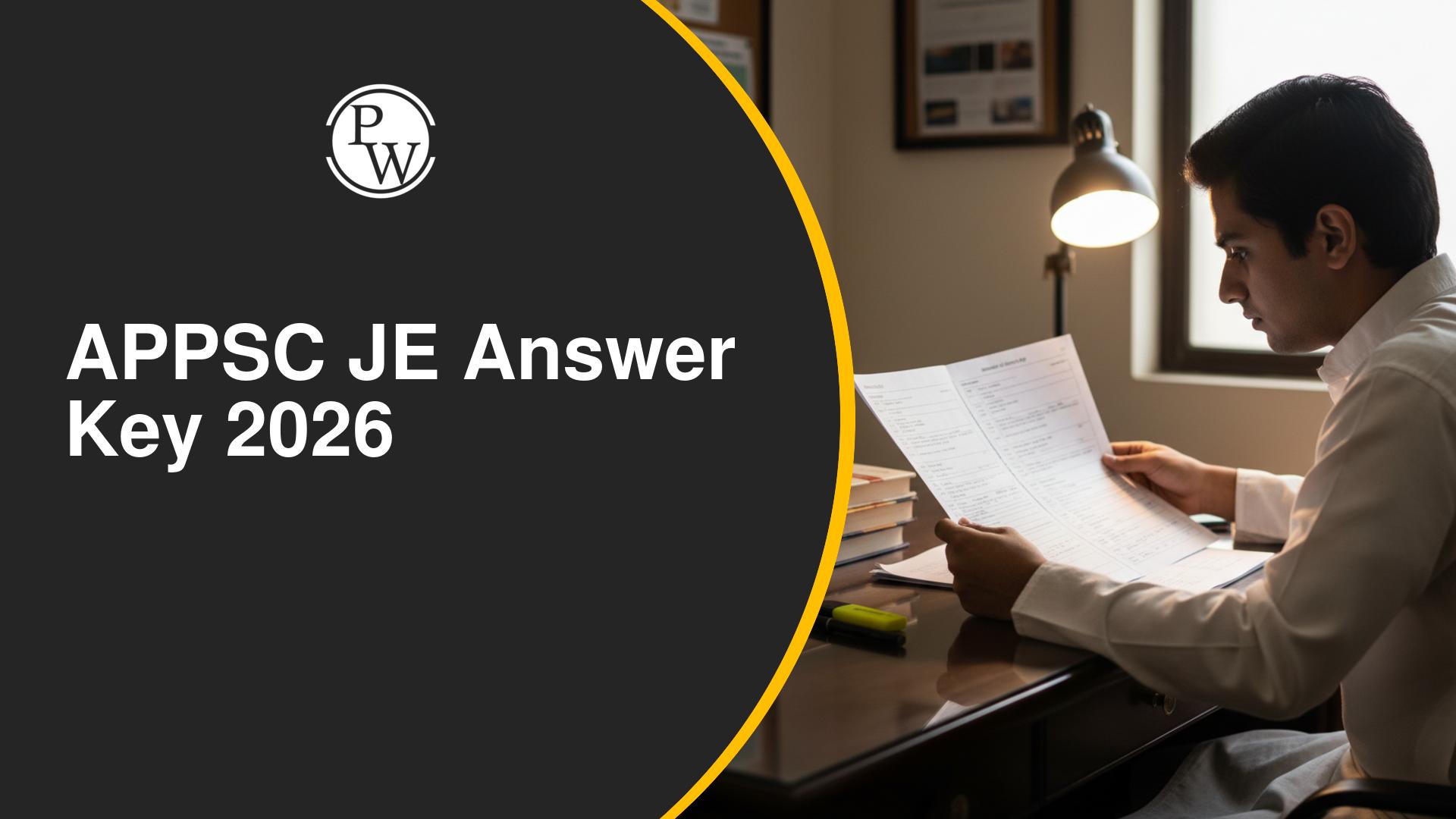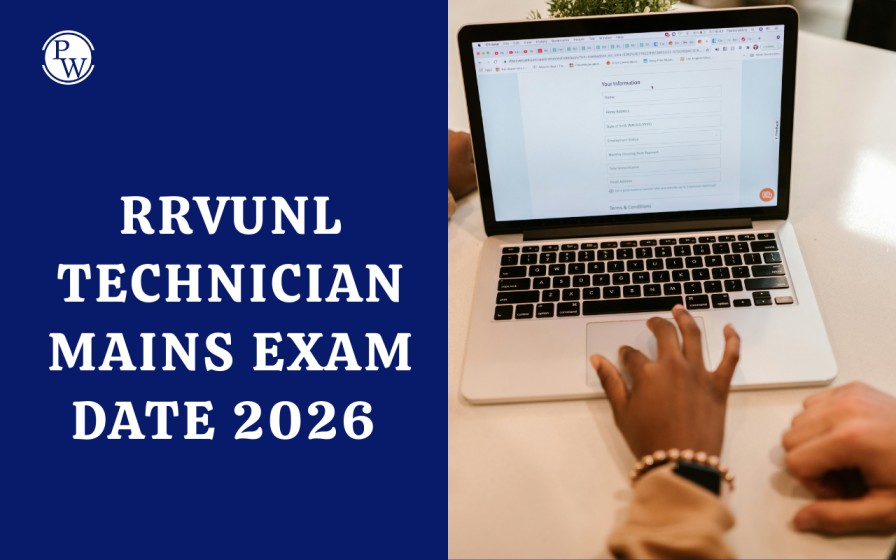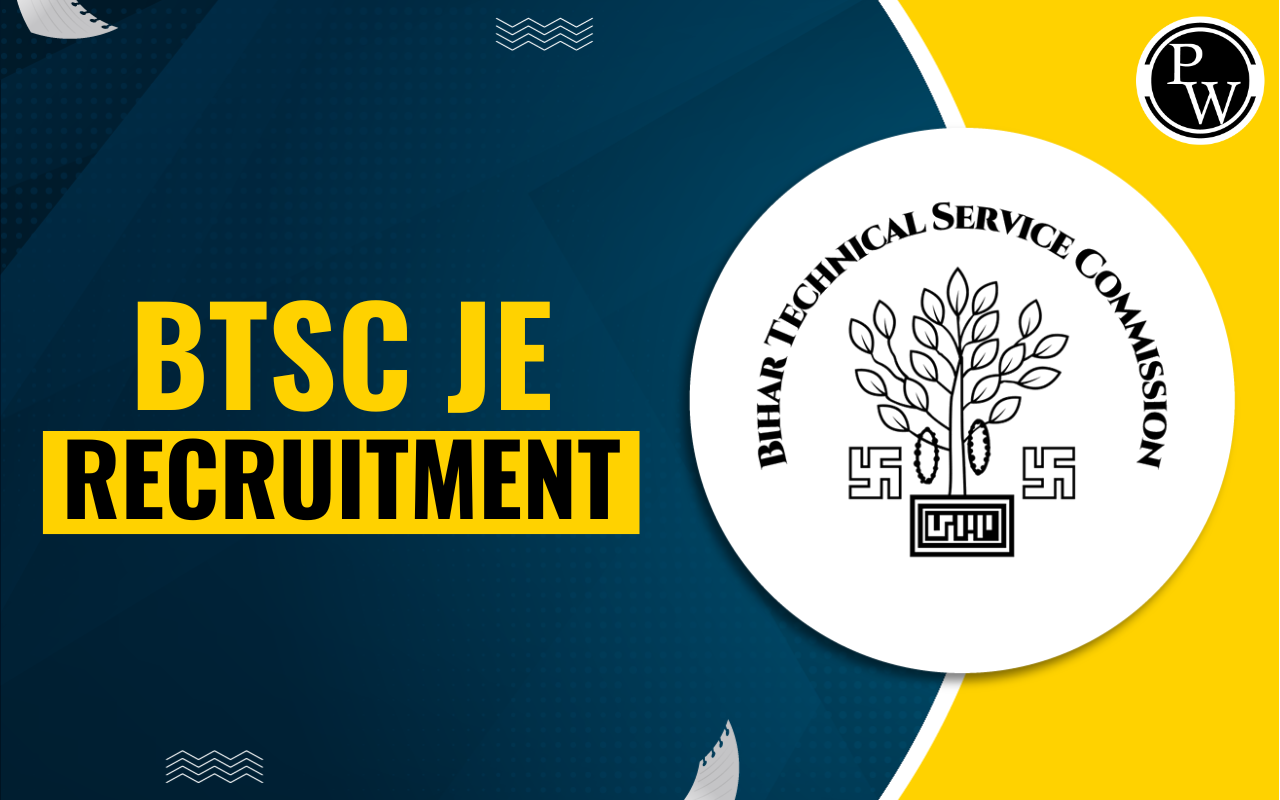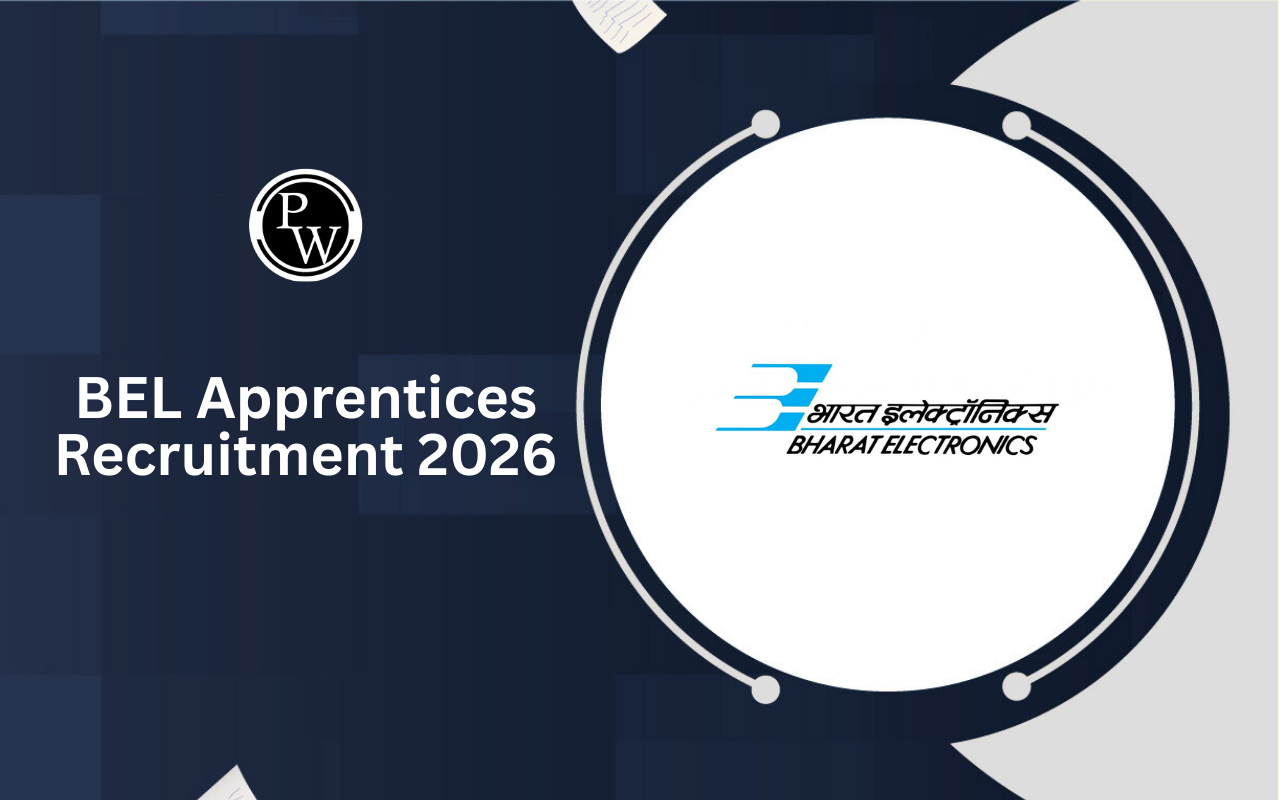
SSC JE Civil Engineering Preparation: Preparing for the SSC JE Civil Engineering Exam requires a well-structured approach, effective planning, and consistent practice. Civil Engineering is a very significant section in the SSC JE Exam that includes a range of core technical subjects to test the knowledge of aspirants in civil engineering and structural engineering concepts.
Individuals who wish to secure a top score in the SSC JE Civil Exam must follow the result-oriented preparation strategy with structured planning. Candidates can explore the SSC JE Civil Engineering Preparation strategy in this article to plan their roadmap to ace the exam.
How to Prepare for the SSC JE Civil Engineering Exam?
The SSC Junior Engineer exam is a highly sought-after competitive examination to test the candidate's understanding of various technical subjects and general aptitude to offer a Junior Engineer position. The exam consists of two stages test i.e. Stage 1 and Stage 2 to shortlist the deserving aspirants for the Group B position.
The selected candidates will be appointed in the various premier departments of the government. Candidates must have a thorough understanding of the topic-wise syllabus to prepare effectively. Here, we have outlined the preparation plan to excel in the aspirant's preparation to perform well in the upcoming examination.
Check: SSC JE 2024 Preparation Strategy
SSC JE Civil Engineering Subjects
The Staff Selection Commission conducts the SSC JE Civil Engineering exam which includes a variety of subjects such as Building Materials, Estimating, Costing, and Valuation, Surveying, Soil Mechanics, Hydraulics, Irrigation Engineering, and Transportation Engineering.
Paper 1 consists of a total of 200 questions on General Intelligence & Reasoning, General Awareness, and Civil Engineering and Paper 2 is subject-specific which contains 100 questions on the concerned technical subjects. Candidates can check out the detailed topic-wise syllabus for the SSC JE Civil Engineering Exam in this section:
| Subjects | Topics |
| SSC JE Civil Paper 1 Syllabus | |
| Part-A: Civil Engineering | Building Materials, Surveying, Estimating, Soil Mechanics, Costing and Valuation, Concrete Technology, Irrigation Engineering, Steel Design, Theory of Structures, Hydraulics, RCC Design, Environmental Engineering, and Transportation Engineering. Structural Engineering: Theory of Structures, Concrete Technology, RCC Design, Steel Design. |
| SSC JE Civil Paper 2 Syllabus | |
| Building Materials | Physical and Chemical properties, classification, standard tests, use, and manufacture/quarrying of materials e.g. building stones, silicate-based materials, cement (Portland), asbestos products, timber, and wood-based products, laminates, bituminous materials, paints, varnishes. |
| Estimating, Costing, and Valuation |
|
| Surveying |
|
| Soil Mechanics |
|
| Hydraulics | Fluid properties, hydrostatics, measurements of flow, Bernoulli’s theorem and its application, flow through pipes, flow in open channels, weirs, flumes, spillways, pumps, and turbines. |
| Irrigation Engineering |
|
| Transportation Engineering | Highway Engineering – cross-sectional elements, geometric design, types of pavements, pavement materials – aggregates and bitumen, different tests, Design of flexible and rigid pavements – Water Bound Macadam (WBM) and Wet Mix Macadam (WMM), Gravel Road, Bituminous construction, Rigid pavement joint, pavement maintenance, Highway drainage, Railway Engineering- Components |
Check: SSC JE 2024 Last 30 Days Study Plan!
SSC JE Civil Engineering Preparation Tips
The SSC JE Civil Engineering Preparation requires diligent practice, a consistent study routine, and a good understanding of complex concepts. Candidates must follow the effective tips and strategies outlined below to boost their preparation:
- Know the Exam - The primary stage of commencing the exam preparation is to go through the syllabus and exam pattern to familiarize yourself with the number of questions, marks distribution, and duration of the exam. This will help to aid your exam preparation to secure the desired marks.
Check: SSC JE Syllabus 2024
- Make Study Plan - Candidates must plan the study timetable by allocating a proper time to all the subjects as per their weightage. While planning the study schedule, candidates must follow a realistic approach to ensure they follow the timetable consistently.
- Time Management - Time management is the key requirement to success in the examination. Candidates must give sufficient time to all the subjects to cover the entire syllabus in a time-constrained manner. You should set daily targets and goals and be sticky to achieve them.
- Focus on Basic Concepts - The students must focus on strengthening the basic concepts to reinforce the technical subjects. It usually includes subjects like Building Materials, Surveying, Hydraulics, Structural Engineering, Transportation Engineering, and Environmental Engineering which require a good conceptual knowledge to prepare.
- Relevant Study Material - The students must follow the relevant study material which covers all the topics mentioned in the syllabus. You can refer to the online study material, reference books, and notes to prepare for the exam.
- Revision and Mock Tests - Revising all the topics is crucial to strengthen your knowledge of the subjects. It helps to familiarize yourself with the detailed syllabus. You must also practice mock tests regularly to keep track of your performance and to reinforce the weaker topics.
- Join Online Coaching - Online learning is the best choice for preparing for the SSC JE Civil Engineering Exam. Online coaching provides well-structured learning with the best quality study material. Candidates may join Physics Wallah's Online Coaching to ace their preparation to secure the highest marks.
- Stay Calm and Healthy - The students must stay calm and focused during the preparation phase. They must get adequate sleep, eat nutritious food, follow a healthy routine, and take short breaks to relax their mind.
SSC JE Civil Engineering Preparation FAQs
Q. How should I prepare for SSC JE Civil Engineering Exam 2024?
Q. What are the subjects included in SSC JE Civil Engineering Syllabus?
Q. How Can I Clear the SSC JE Civil Engineering Exam in the first attempt?
Q. Is the SSC JE Civil Engineering Exam tough?










